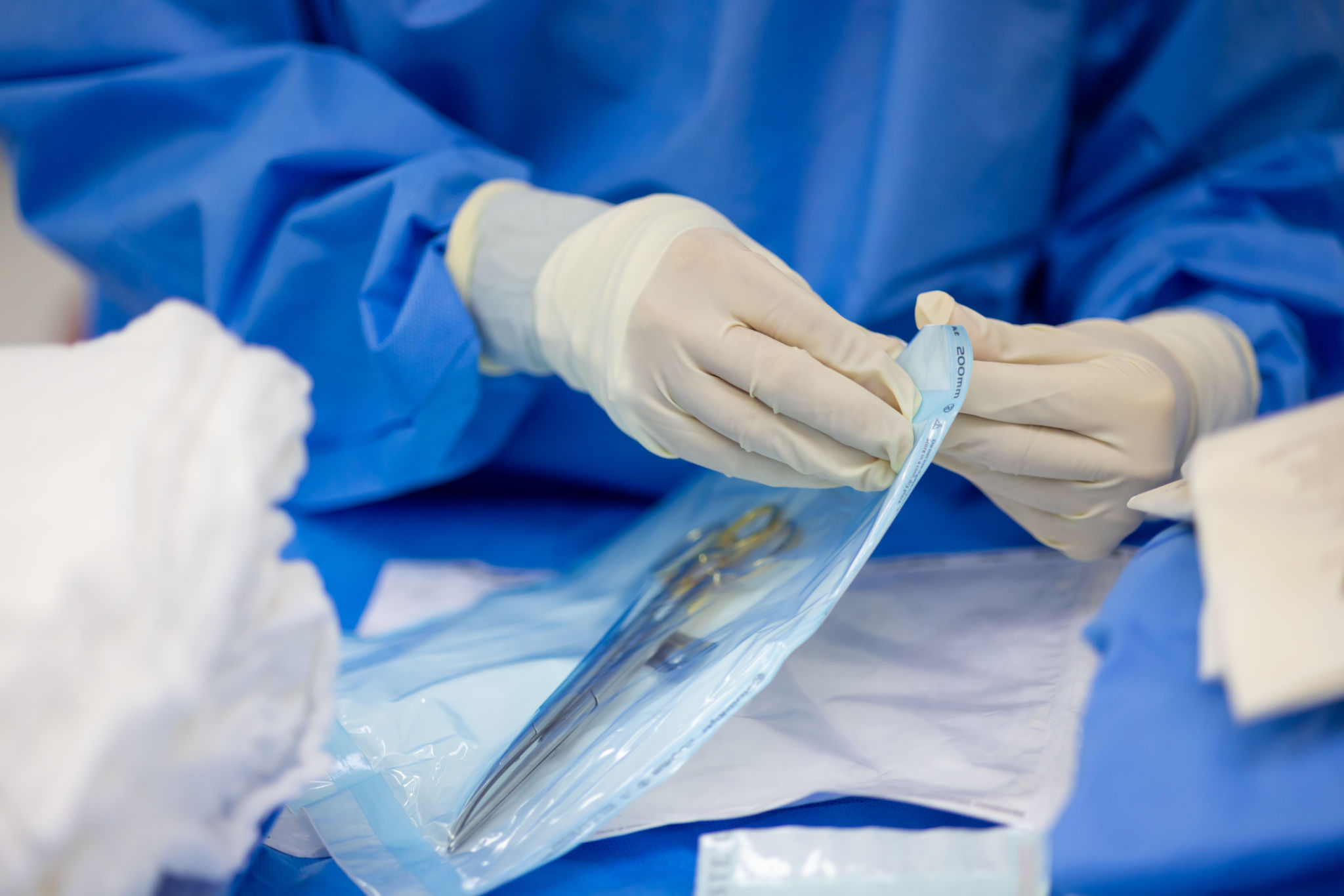Preparing Your Miami Healthcare Facility for Seasonal Demands: Essential Medical Devices
As the vibrant city of Miami transitions through its distinct seasonal changes, healthcare facilities must be proactive in preparing for the varying demands these shifts bring. From the influx of tourists during the winter months to the challenges posed by hurricane season, healthcare providers need to ensure they are equipped with the right medical devices to maintain high standards of care.
Understanding Seasonal Trends in Miami
Miami's unique climate and tourist-driven economy mean that healthcare demands can vary significantly throughout the year. During the winter months, the city sees a surge in population due to seasonal visitors, which can increase the demand for healthcare services. Conversely, the summer months often bring about challenges related to heat and humidity, requiring a different set of preparations.

Winter: Managing Increased Patient Volumes
With the influx of tourists during Miami’s peak season, healthcare facilities need to be ready for higher patient volumes. This means ensuring that essential medical devices, such as diagnostic equipment and patient monitoring systems, are in optimal condition. Facilities might also consider investing in additional portable devices to accommodate this increase in patient numbers efficiently.
To manage these changes effectively, healthcare administrators should:
- Conduct routine checks on existing equipment to ensure reliability.
- Consider short-term rentals of additional devices during peak periods.
- Train staff on the use of any new or additional equipment.

Summer: Preparing for Heat-Related Health Issues
The hot and humid Miami summers bring about their own set of healthcare challenges. Heat-related illnesses become more prevalent, and healthcare facilities must be equipped with devices like hydration monitoring systems and cooling units. Furthermore, air quality can deteriorate, making respiratory support devices more critical during these months.
Adapting to Hurricane Season
Hurricane season, which spans from June to November, requires healthcare facilities to have a robust emergency preparedness plan. This includes having backup power sources for critical medical devices and ensuring that portable, battery-operated equipment is available. Facilities should also have a stockpile of essential medical supplies that are easily accessible during emergencies.

Investment in Versatile Medical Devices
To seamlessly transition through seasonal demands, investing in versatile medical devices can be beneficial. These are devices that can serve multiple functions or be easily adapted to different scenarios. Examples include portable ventilators, which are invaluable during both peak tourist seasons and emergencies, and multifunctional diagnostic tools that can address a wide range of health concerns.
In addition to physical devices, healthcare facilities should also leverage technology such as telemedicine platforms to accommodate patients without overwhelming physical resources. This approach not only optimizes resource use but also improves patient access to care.
Training and Staff Preparedness
Alongside investing in equipment, facilities must also focus on ensuring that staff are well-trained to handle seasonal demands. Regular training sessions on emergency procedures and equipment usage can dramatically enhance a facility’s readiness. Moreover, cross-training staff to handle different roles temporarily can be advantageous during peak periods.

In conclusion, preparing your Miami healthcare facility for seasonal demands involves a strategic approach to managing resources and ensuring that both equipment and staff are ready to tackle varying challenges throughout the year. By focusing on versatile medical devices, emergency preparedness, and ongoing staff training, facilities can maintain high-quality care regardless of the season.
